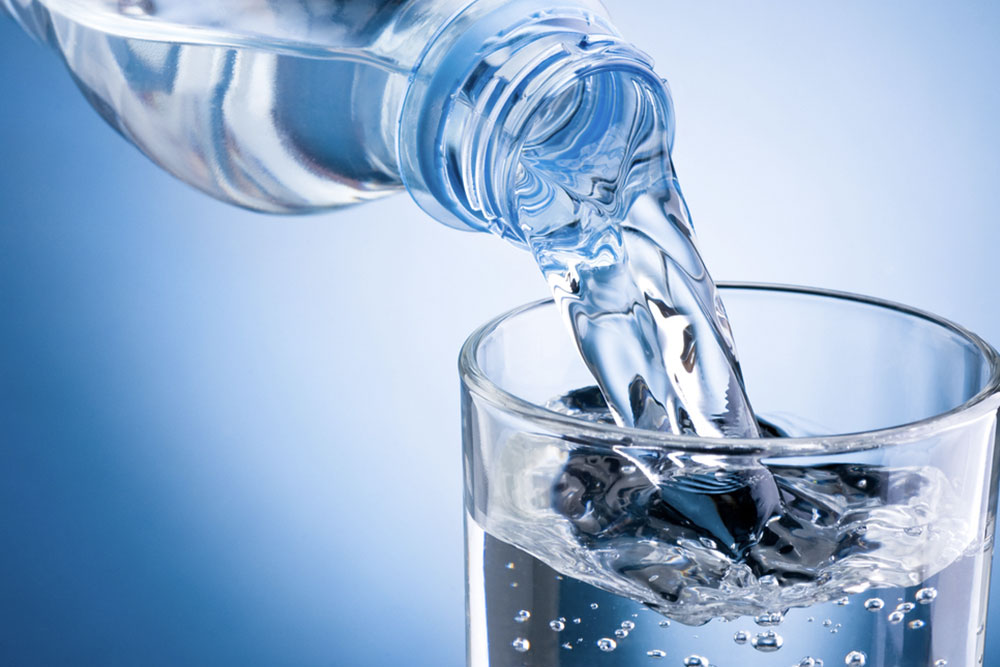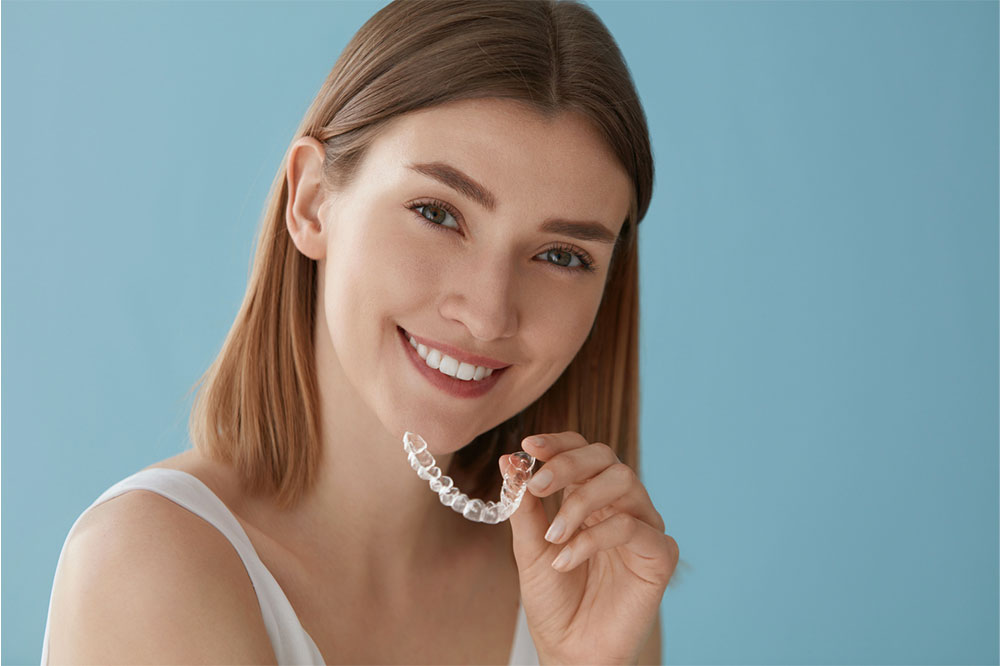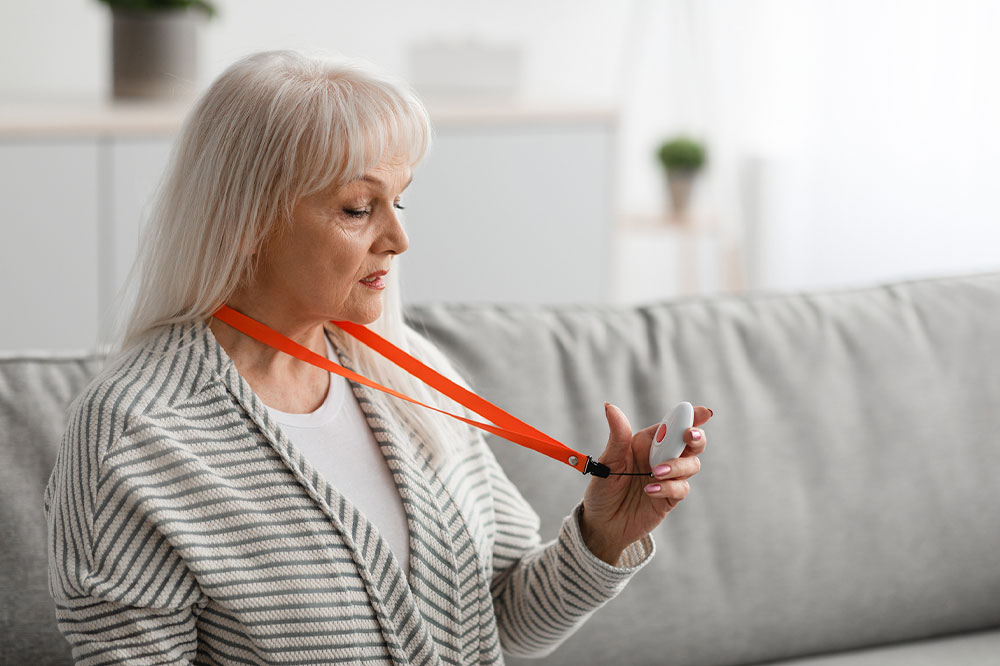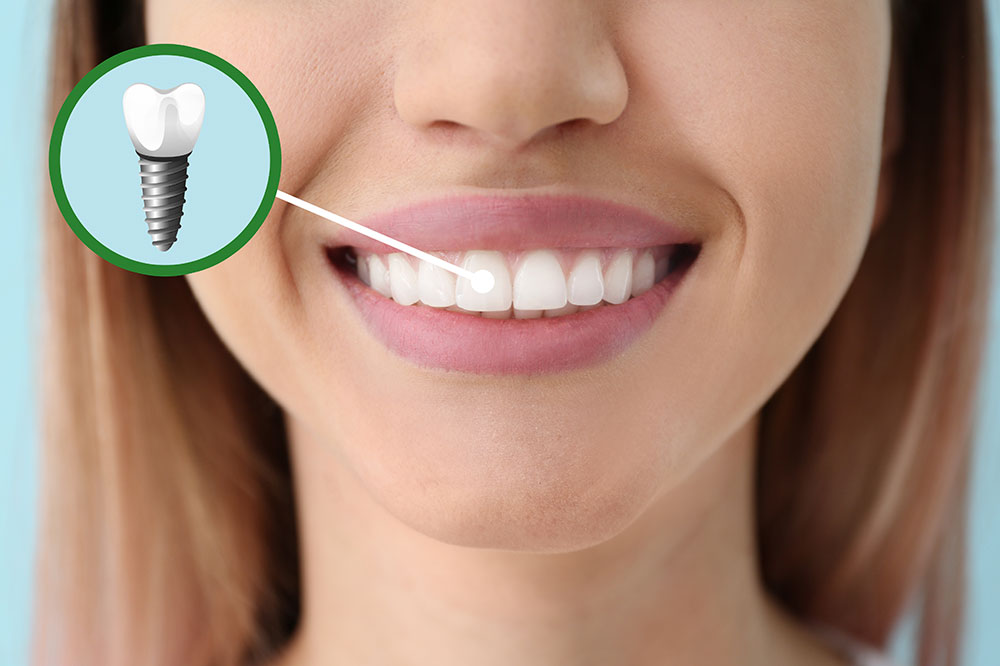Top Tips to Find the Perfect Water Bottle

Keeping yourself hydrated is important for maintaining good health and improving bodily functions. Carrying a water bottle with you at all times can help you in this endeavor. While plenty of single-use plastic bottles are available on the market, they can wreak havoc on the environment. Instead, investing in reusable water bottles is more eco-friendly, practical, and cost-effective. This article discusses a few essential tips for buying the right water bottle:
Check the material
The material your water bottle is made of will determine most of its characteristics, such as weight, size, and longevity. Most water bottles are made out of the following materials:
Plastic
These bottles are generally the most lightweight, cheapest, and most durable. Except for a super tough plastic called Tritan, these bottles generally cannot withstand temperatures too high or too low. They will likely freeze and break at sub-zero temperatures or become a health hazard when storing hot liquids. Additionally, these bottles are not meant to store acidic drinks like soda or fruit juices, as these substances may corrode the plastic. Over time, these plastic bottles may also add to environmental pollution.
Aluminum
Aluminum bottles are an eco-friendly alternative to plastic bottles. Although lightweight and durable, they are generally made of a very thin aluminum sheet, making them susceptible to easy cracking and denting. As a conductive metal, aluminum bottles heat up quickly and break in extremely cold temperatures.
As aluminum is corrosive, these bottles often feature a protective coating. Over time, exposure to abrasive acidic drinks and sugary beverages can cause erosion of this coating, letting harmful chemicals seep into your drinks. Aluminum bottles are ideal if you only use them with water.
Steel
Quality stainless steel bottles are the most durable of the lot and can easily handle most beverages without corroding. Although regular steel bottles are not great at temperature retention, you can find insulated options on the market. Even when left in direct sunlight, these bottles do not release any chemicals into the water. Since they are non-porous, they also prevent the overgrowth of bacteria and mold. They are 100% recyclable, making them environmentally friendly as well. The major drawback with these bottles is that they can be heavy at times and need to be washed by hand (not dishwasher safe).
Glass
Glass water bottles, too, are long-lasting and environmentally friendly. They are considered some of the safest bottles to drink from. These bottles do not impart any metallic flavors to your water. They also don’t release any chemicals into your water, keeping it safe for consumption. Maintaining these bottles is hassle-free as they are dishwasher safe. But, it’s important to handle them with care as they are fragile and prone to breakage. They may also not be allowed in certain public places.
When buying water bottles, it is generally recommended to steer clear of materials that contain BPA (bisphenol-A), which is generally found in low-quality plastics. BPA is a toxin that can cause hormonal imbalances, pregnancy disorders, organ damage, or cancer.
Consider their durability
What kind of usage do you expect out of your bottle? Are you clumsy and prone to breakage? Or are you planning rigorous or adventurous trips? If that’s the case, glass or single-walled metal bottles may not serve your purpose as they are prone to breakage. Spend some time thinking about your usage and lifestyle to buy a bottle that perfectly fits your needs.
Check for temperature control
Would you like to use the bottle to store cold and hot beverages? Or would you like the beverages to maintain their temperature once poured into the bottle? If that is what you are looking for, opt for an insulated stainless steel bottle.
Think about the ease of use
Once again, consider your lifestyle and where you expect to use your water bottle. Are you looking for a bottle you can carry around everywhere? Perhaps one that is portable and comes with a strap that makes it easy to hold? Maybe something you could carry to the gym or on a hike? Or would you like to invest in a heftier bottle for your home? If you have young children, you may also be interested in single push-and-sip bottles. Taking these factors into consideration can help you find a bottle that truly fits your lifestyle so that you can get the most use out of it.
When considering ease of use, it is also important to check if the bottle is easy to use, refill, or clean. Generally, a wide-mouth bottle is ideal, as you can easily clean them with a simple sponge and a bottle brush.
Look for leak resistance
A leaking bottle can be an inconvenience. It may end up losing all its fluid content and wetting the space around it as well. Invest in a 100% spill-proof and leak-proof bottle to avoid such issues.
Think about the lid style
Consider the lid style that will most appropriately suit your requirements. Many bottles are now available with a variety of lids, such as:
Lids with straws
These are ideal for preventing leaks and spills during drinking and storage.
Flip-lid
These lids are ideal if you only use one hand to drink from the bottle. This is a popular choice for many gym-goers, but it can also be helpful for people with mobility issues.
Screw-on lid
A screw-on lid is considered the most secure option when screwed on tight. These are ideal if you mainly use your water bottle at home, prefer to comfortably sit and drink your fluids, or store your bottle in your bag for long hours.
Next time you shop for a water bottle, take a minute to think beyond its size and style. Look for safety, usage, sustainability, and more to help you make a smart and informed decision.






